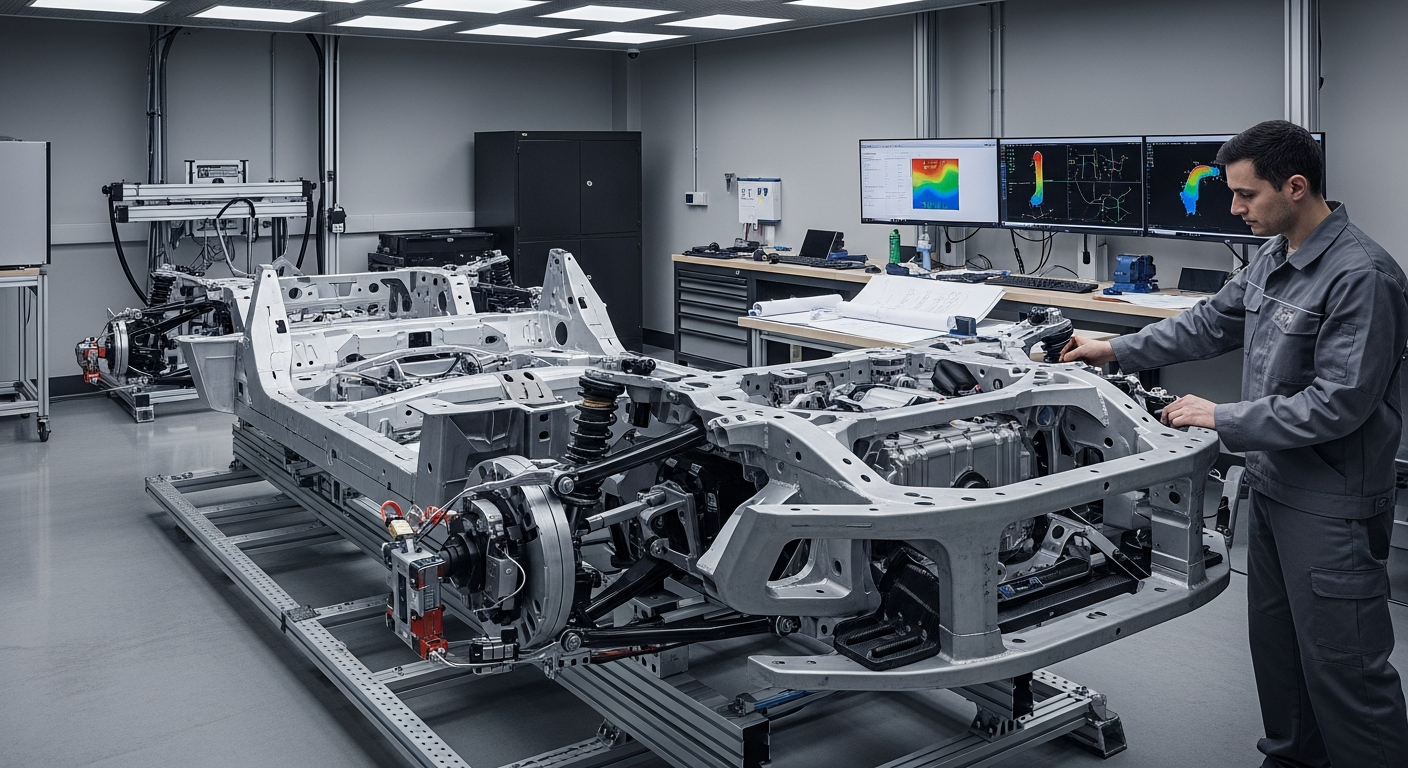Cultivating Resilience: The Key to Thriving in Dynamic Career Landscapes
In an era of rapid technological advancements and shifting economic paradigms, resilience has emerged as a critical skill for professionals navigating the ever-changing job market. This article delves into the concept of career resilience, exploring its importance, development strategies, and long-term impact on professional success.

The Evolution of Career Resilience
Career resilience is not a new concept, but its significance has grown exponentially in recent years. Historically, career paths were often linear and predictable, with employees remaining loyal to a single company for decades. However, the rise of globalization, technological disruption, and changing workforce demographics has shattered this paradigm.
Today’s professionals face a landscape marked by frequent job changes, industry disruptions, and the need for continuous skill development. This shift has elevated resilience from a desirable trait to an essential competency. Research indicates that resilient individuals are better equipped to handle workplace stress, adapt to new technologies, and pivot their careers when necessary.
Understanding the Components of Career Resilience
Career resilience comprises several interconnected elements. At its core is adaptability—the ability to adjust to new circumstances and learn from experiences. Equally important is a growth mindset, which allows individuals to view challenges as opportunities for development rather than insurmountable obstacles.
Self-awareness plays a crucial role in resilience, enabling professionals to recognize their strengths, weaknesses, and emotional responses to workplace situations. This self-knowledge forms the foundation for effective stress management and decision-making in turbulent times.
Another vital component is networking and relationship-building. Resilient professionals cultivate diverse connections across industries, creating a support system that provides both emotional backing and practical assistance during career transitions.
Strategies for Building Career Resilience
Developing resilience is an ongoing process that requires intentional effort and practice. One effective strategy is to regularly seek out new challenges and learning opportunities, even when comfortable in a current role. This proactive approach helps build confidence and adaptability.
Mindfulness and stress-management techniques are also powerful tools for enhancing resilience. Practices such as meditation, journaling, and regular exercise can improve emotional regulation and cognitive flexibility, key components of a resilient mindset.
Embracing failure as a learning opportunity is another crucial aspect of building resilience. By reframing setbacks as chances for growth and improvement, professionals can maintain motivation and momentum in the face of adversity.
The Role of Education in Fostering Resilience
Educational institutions are increasingly recognizing the importance of resilience in career success. Many universities and professional development programs now incorporate resilience training into their curricula, focusing on skills such as emotional intelligence, problem-solving, and adaptability.
Continuous learning itself is a form of resilience-building. By staying current with industry trends and expanding their skill sets, professionals create a buffer against obsolescence and increase their ability to pivot when necessary.
Measuring and Assessing Career Resilience
While resilience is often thought of as an intangible quality, there are ways to measure and assess it in a professional context. Self-assessment tools and psychological inventories can provide insights into an individual’s resilience levels and areas for improvement.
Organizations are also developing metrics to evaluate resilience among their workforce. These assessments often look at factors such as employee engagement, ability to handle change, and recovery time after setbacks.
The Long-term Benefits of Career Resilience
Cultivating resilience yields significant long-term benefits for professionals. Resilient individuals tend to experience higher job satisfaction, better work-life balance, and greater career longevity. They are also more likely to assume leadership roles and navigate organizational changes successfully.
From an employer’s perspective, a resilient workforce is more innovative, adaptable, and capable of weathering industry disruptions. This makes resilience not just an individual asset, but a competitive advantage for organizations as a whole.
Challenges in Developing Career Resilience
Despite its importance, building resilience is not without challenges. One significant obstacle is the misconception that resilience is an innate trait rather than a skill that can be developed. This belief can lead to a fixed mindset, hindering growth and adaptation.
Another challenge is the potential for burnout when resilience is misinterpreted as an ability to endure prolonged stress without support. It’s crucial to recognize that true resilience involves knowing when to seek help and how to balance persistence with self-care.
Future Trends in Career Resilience
As the job market continues to evolve, the concept of career resilience is likely to expand and adapt. Emerging trends suggest a growing emphasis on digital resilience—the ability to adapt to rapid technological changes and maintain relevance in an increasingly digital workplace.
Additionally, there’s a rising focus on collective resilience within organizations. This approach recognizes that individual resilience is enhanced when supported by a resilient team and organizational culture.
Conclusion: Resilience as a Cornerstone of Career Success
In conclusion, career resilience has become an indispensable quality for professionals in the 21st century. By understanding its components, actively developing resilience strategies, and recognizing its long-term benefits, individuals can position themselves for success in an ever-changing job market. As we look to the future, it’s clear that those who prioritize resilience will be best equipped to thrive in the dynamic and unpredictable world of work.






